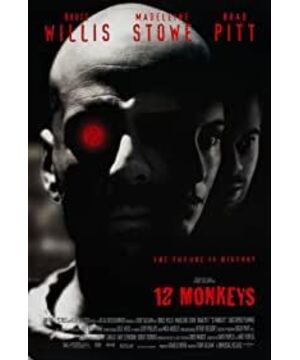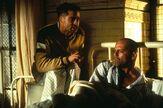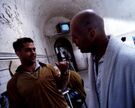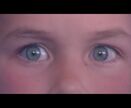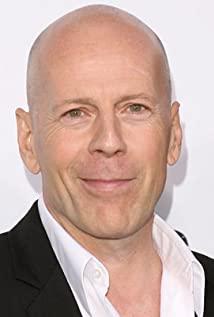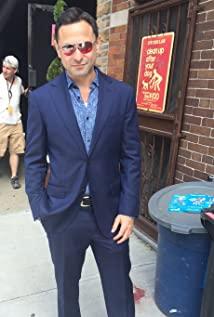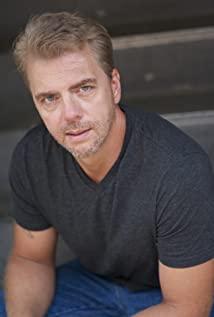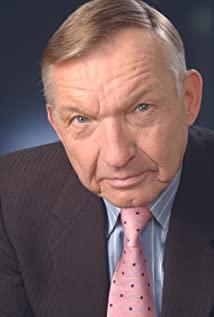-at the end of 1996, only one percent One of the humans is a survivor, and the others have died from bacteria extracted by a certain scientist. What’s interesting is that Jeffery, the leader of the army of twelve monkeys, in the mental hospital, once told the time-traveler, Cole, logically and clearly: bacteria do not exist, but fabricated in the past to trick doctors into washing their hands diligently. the concept of. "Right and wrong do not exist, authority does not exist, they are just opinions." Cole was forced to take a tranquilizer and deliberately suggested that Jeffery steal the bacteria from his father's laboratory to eliminate humans.
Cole once again returned to Earthman time and space, trying to stop the action of the twelve monkey army. Since bacteria have almost wiped out humans, bacteria still "exist" after all. It is not just a concept used to coax people. Authority also exists. Disease violence caused by bacteria is the ultimate authority. But from another angle, it seems that it can be viewed this way: bacteria is still just a concept, it coaxes people to die in disease, just like it coaxes doctors to wash their hands. Because human existence is not necessarily so real, the entire civilization is a conjecture or spiritual structure in the mind, and it is not impossible—the brain in the tank does not matter life and death, and without the help of the exquisite Christian theology, Descartes even There is no way to prove that the external world is real.
I don't think science fiction is counted as a category of works-I think there are only two categories: works and foam, further subdivision is unnecessary. For example, in "Twelve Monkeys", all sci-fi elements can be replaced with magical elements that have existed since ancient times, without changing the narrative of the story: think about the speech of the psychologist Catherine, the ancient visions and the prophecies of lunatics, then Isn't it just another telling of the same story? We can use dreams to travel through time and space: the dream itself is a part of reality, and its illusion is at best that its apparent content does not completely conform to another part of reality. But why should one part of reality meet another part? We can use the spice of wizards to kill and resurrect, and use a group of sculptures to portray eternal or eternal death. However, the eschatological landscape described in the opening movie is not exactly the eschatology that Christianity and too many folk religions are obsessed with preaching?
No matter how the appearance of customs changes, human nature is always that human nature, and the living conditions are always nothing more than birth, old age, sickness and death, love and hatred, and joy, anger, sorrow, and joy. Scientific assumptions, as an expression of human imagination, are surprising and beautiful: such as gravity, atoms, and energy. But I don’t believe that they are real—more precisely, there is not enough basis for me to believe that they are real. I also don’t believe in the history written on paper, let alone those high-sounding official histories that take ideology as their responsibility—think about the “history” being written in contemporary yamen, and you would believe in yamen hundreds of years ago. "History" written in it?
Pay attention to the simplest things in life: air, water, breathing, and love.
I only believe in close daily life. Believe in the generation of day and night, the lights of thousands of families, and the truth, kindness, and beauty of the human heart. What is mentioned repeatedly in "Twelve Monkeys" is also the most touching part of the film, that is, Cole's sincere thoughts, to be able to live on the surface of the earth: breathing the air, spending joy in the streams, looking up at the stars in the woods, listening to music, and Catherine together-these simplest and most austere fragments of life. Before she died, Cole asked Catherine what she wanted to do, "Take you to Florida because you said you never saw the sea."
View more about 12 Monkeys reviews


